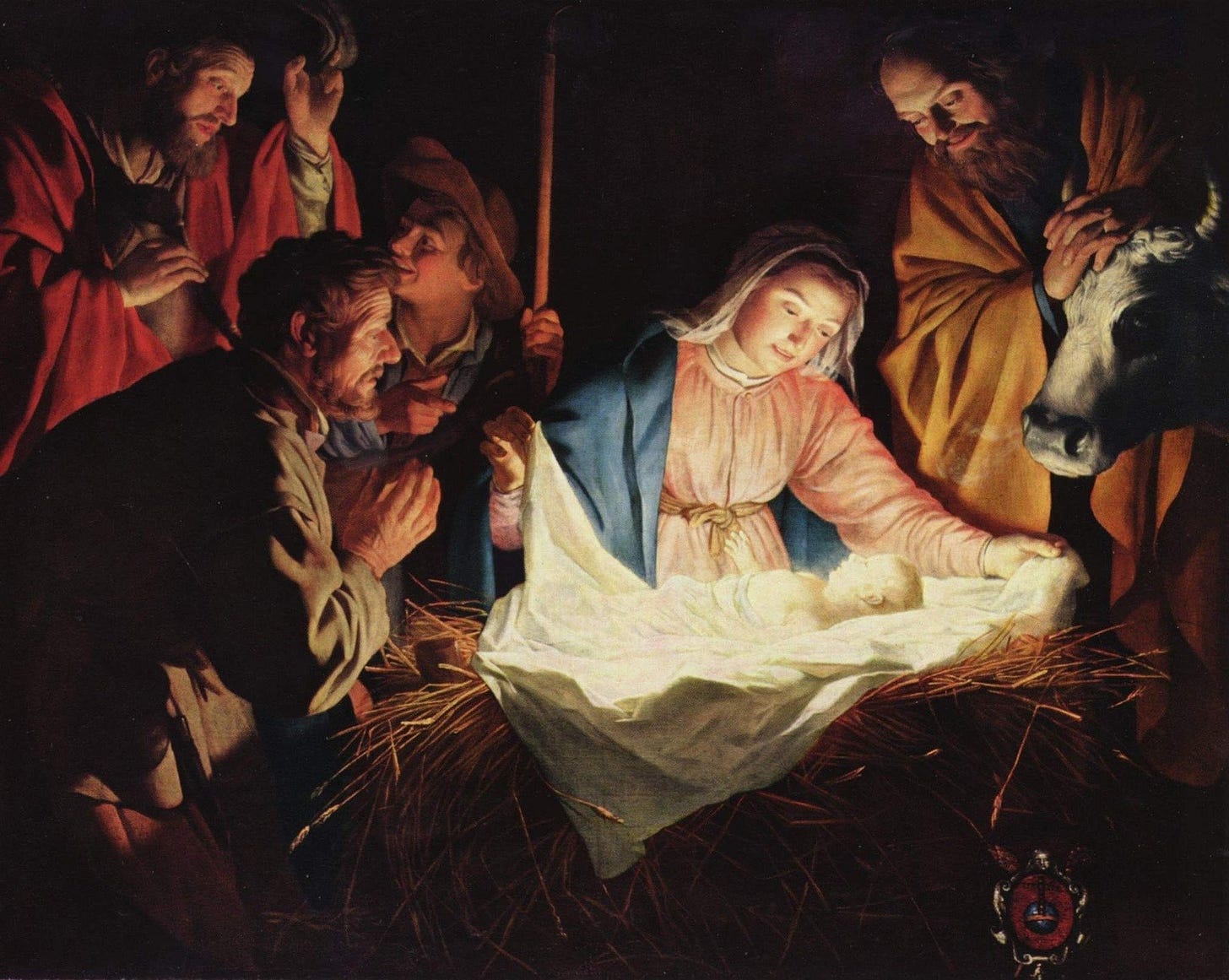George MacDonald, Christmas and the Great Sex War.
Online discussion of intersexual relations is, to put it mildly, tense. Every day, thousands of tweets, reels and tiktoks advise audiences, mostly of young men, to be wary of the opposite sex. Wary, in this case, meaning paranoid about all emotional entanglements while interacting with a member of the opposite sex. Most of this advice shares a tone of aggrieved rage. It doesn’t take long to see that a lot of men out there really, really, really don’t like women.
No one is saying young men aren’t in a bad way, or that some of their grievances aren’t legitimate. They are. Young men are targets everywhere. Our institutions are stacked against them. Statistics demonstrating that public schools prefer girls over boys are well known. The majority of college students now are women, the majority of suicides, men.
Our economy increasingly makes it difficult for young men to step into their traditional role as provider. At the same time, our culture has normalized porn to such a degree that rare is the young man whose mind and heart are unscathed.
And yet something remains. The universal structure of masculine and feminine forces, while obscured, stands unshaken. Part of that obscuring means men themselves have forgotten their unique power: the power to enter into a situation, to rescue those who are trapped and to lead them to something better.
Christmas is a good time to remember. The connection may not be obvious, but it should be.
Christmas lessons apply to every sphere of life, yes, even to the messy and often fraught waters of intersexual dynamics. You might not see how this is so, but George McDonald did.
In his Christmas story, “The Gifts of the Child Christ”, MacDonald draws a profound picture of the right relation of man to woman, or more properly, husband to wife.
In the story, Mt. Greatorex has married a second time, his first wife having died after the birth of their child. His second wife is young, described as “not quite twenty”
The second Mrs. Greatorex gives birth to a still born child one Christmas Eve, and this tragedy catalyzes a transformation in her husband. The end result is that he becomes more of the husband he should have been all long. He becomes more affectionate toward his wife and to the child of his first wife, a little girl, named Sophy, and through Sophy, he even warms to the memory of her mother.
Mr. Greatorex, as we find him at the beginning of the story, is not a good or loving husband. Indeed, he is consumed by his own selfish fantasies and the disappointment of realizing they will not be fulfilled.
We encounter a million Mr. Greatorexes online today. In response to the forces arrayed against them, young men have retreated to the virtual. Modern men, consumed with their petty passions and anxious self-concerns, have built for themselves trifling fortresses they imagine will keep them safe. Rather than fight, men have largely fled the field. Those creatures most designed for adventure and dominion now cower behind walls of video games, pornography and online echo chambers that reinforce to them their victimhood and sense of entitlement.
They share Mr. Greatorex’s central fault: a proud refusal to “enter in”. MacDonald stresses that the family’s suffering is all a result of its head’s insistence on holding himself aloof and apart from the suffering of his wife and child. Rather than bringing the gift of his masculine centeredness and strength to the aid of those he purportedly loves, he hides in the library and reads or busies himself with work, the 19th century equivalent of spending all day on Reddit. The more distant he grows, the more desperate the suffering of those around him becomes.
And thus does the theme of Christmas emerge. At Christmas, all men everywhere are called to contemplate the GREAT ENTERING IN. On this day, we remember the One, the only One, who had every right to hold himself aloof and did not, the one who entered in despite of the suffering doing so would entail in order that, to paraphrase MacDonald “through becoming as we were, he might help us to be what we could.”
Every man has this power to some degree if only he will take it up, if only he will accept that the price of wielding the power inherent in his being is suffering. Every man, at this very moment, knows where in this broken world he might enter in to bring calm, to bring justice, to bring some balm to misery however slight and fleeting. Yes, it hurts but, Christmas assures us, this is the path to glory. The only alternative is shame and dishonor.
The masculine call is clear. Rather than nursing our wounds, we must offer ourselves. Rather than retreat, we must enter in to the world, especially into the lives of women and children, full of love and the willingness to suffer to make them what they might be, and so that we might make not just Christmas but all our days of our meaningful, fulfilling and yes, to the extent they can be made so, even merry.
This post has been cross-posted at The Mythic Mind.


